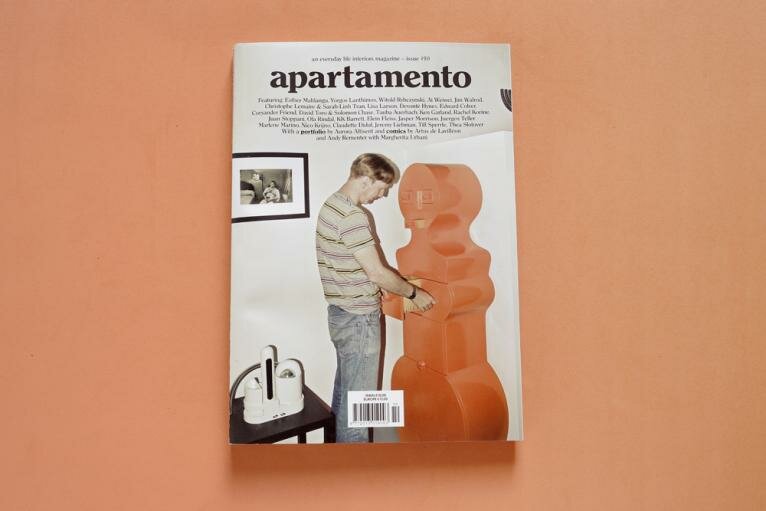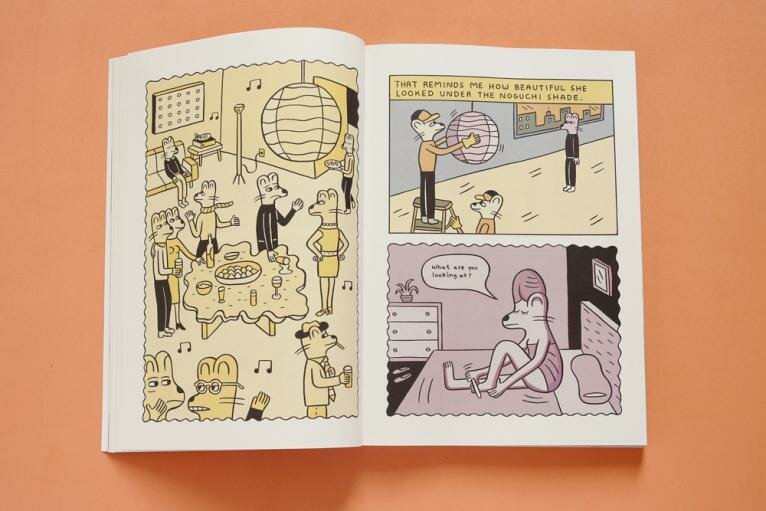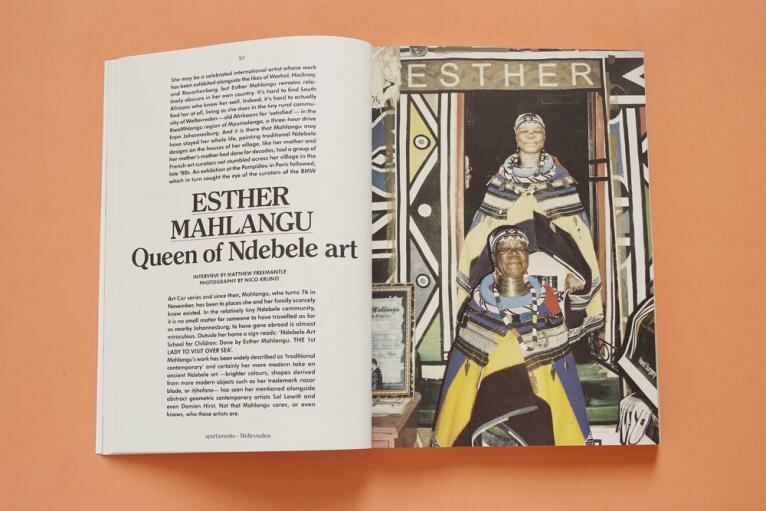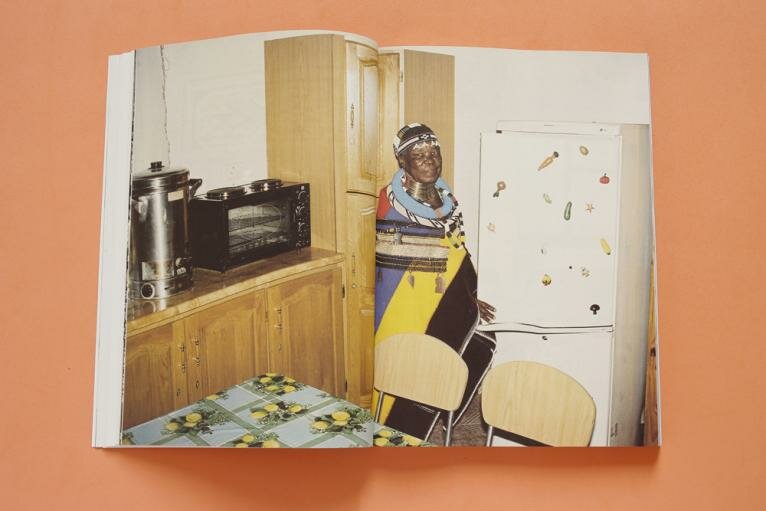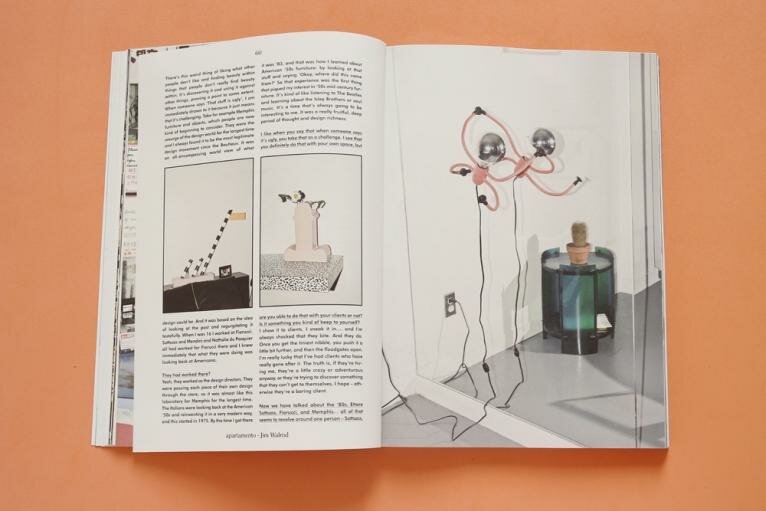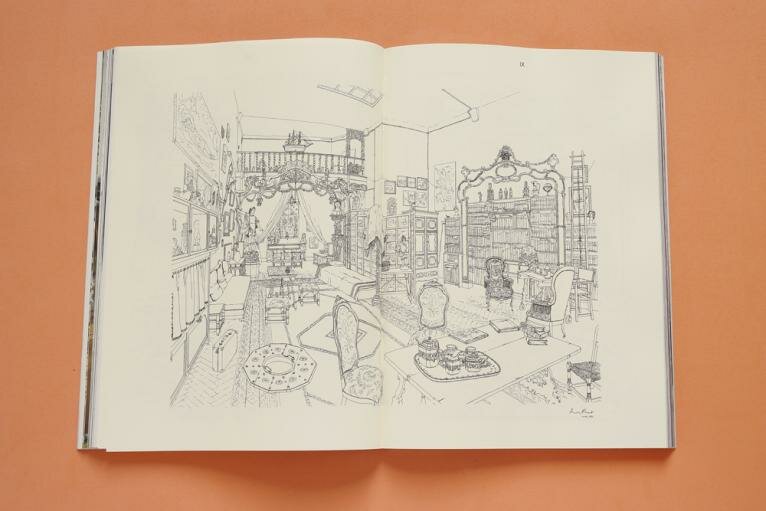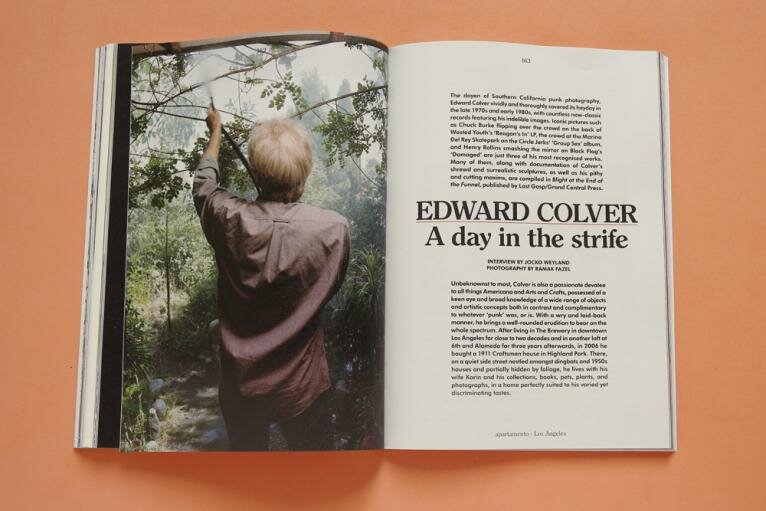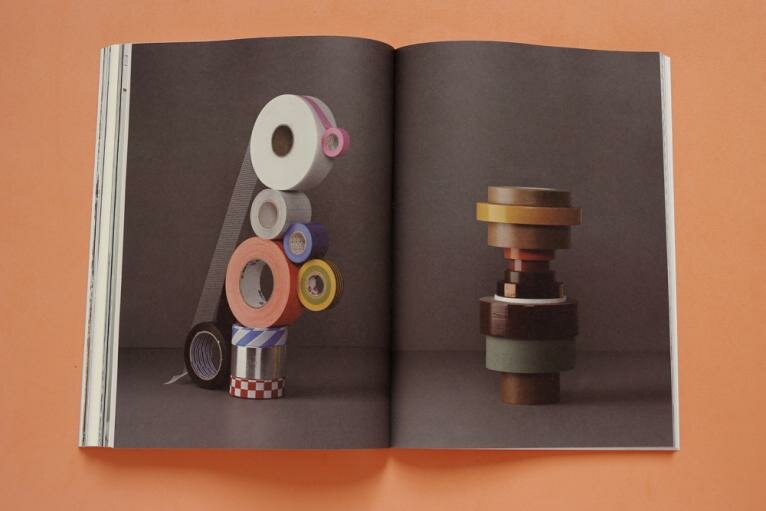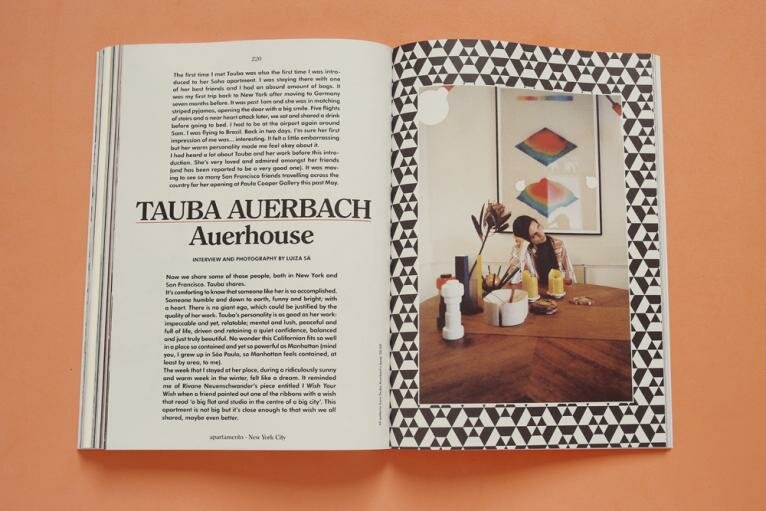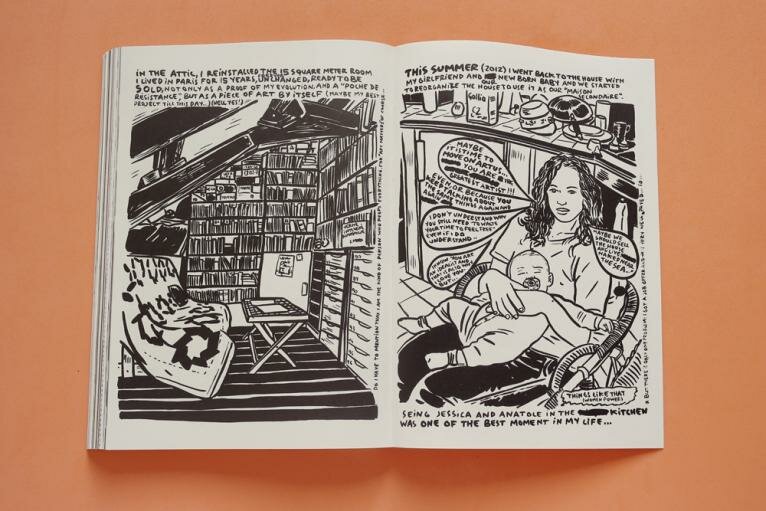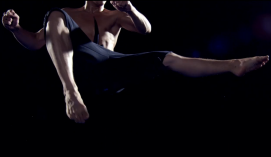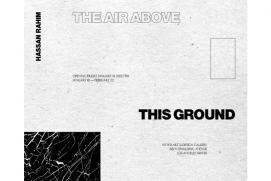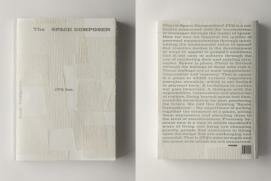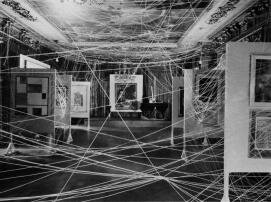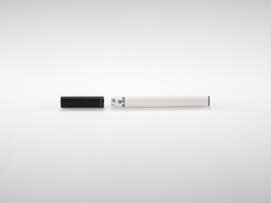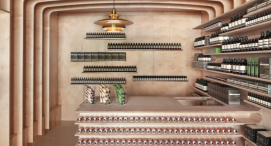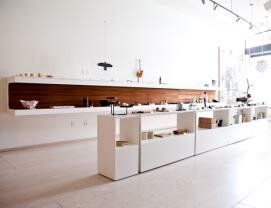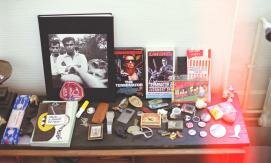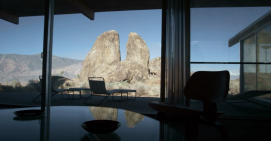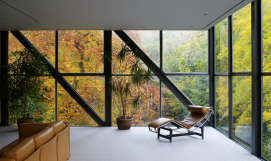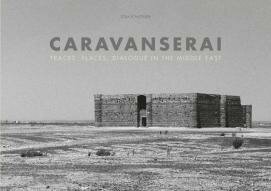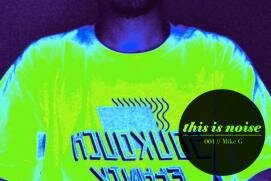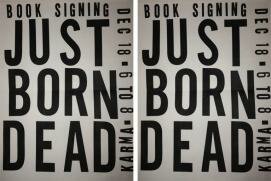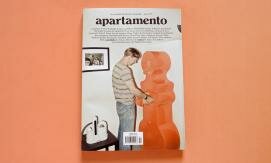Today marks the start of what will hopefully become an ongoing feature here on POST NEW; a conversation between us, a web-based entity, and the independent print industry, represented by several of our favourite independent print magazines.
In 2012, we have undeniably reached an age where the world is increasingly going online to search for information, content and inspiration - the world wide web offering an infinite well of resource material. In its early years, it was hard to imagine the Internet ever taking over from books, magazines and newspapers as the dominant information source; articles were kept short and sharp; our eyes were not accustomed to focusing in on blocks of text glowing from computer screens. In a matter of only a few short years, this has all changed, perhaps due to the increasingly less-sterile aesthetics of modern digital design, although one suspects it comes down to pure exposure - the frequency with which we are logged into a digital domain, and the breaking down of intangible barriers that has resulted from that. Put simply, we are comfortable with the Internet.
So what of print publications and print culture? As purveyors of digital content, all of us here at POST NEW can still admit to a preference of reading print magazines to digital, a fact that we put down to the tangible nature of print. The feel, the weight, the scent; an abundance of sensory pleasures that the web lacks. Acknowledging this, we were prompted to speak with a number of print publications on what their own views on the matter were: How has the Internet affected them? Most pressingly, what is the future of print?
The first to provide commentary on the subject is Apartamento, an interiors magazine who are, perhaps more than most given the nature of their content, concerned with a tangible world. We spoke with Nacho Alegre and Omar Sosa of Apartamento ...
Name: Apartamento Magazine
Established: 2008
POST NEW: What is the fundamental idea behind Apartamento?
Apartamento: To show people's houses and their relationship with them.
PN: How many issues do you publish annually?
A: We're a bi-annual magazine.
PN: What were your thoughts/fears starting out in the industry at a time when digital formatting was clearly booming and print, perhaps, reclining?
A: We're not sure that this is true. The printed magazine market has changed but that doesn't mean it's reclining, only some types of publications have lost their meaning in the digital era, but others are now even more necessary.
PN: Advertising: Is there a need to become increasingly dependent upon it for revenue as readership levels fall worldwide?
A: Up until now our readership levels have increased constantly as has our print run. So for now, no.
PN: With the above question in mind, is it becoming increasingly challenging to fill pages with exclusive content whilst also focusing on profit and acknowledging that a certain amount of space must be given to advertisers? Is this any different from the past?
A: We don't run articles in order to fulfill advertiser's needs, therefore our advertisers know very well that to advertise in Apartamento doesn't mean that their products are going to be displayed or mentioned in the magazine itself. We think they understand that the point behind their advertisements is not to simply show their product, but relate them to the Apartamento 'world'.
PN: In terms of existing alongside digital formats, one of the most immediate issues is that online readers have access to virtually unlimited free material, leaving many to ponder why they should have to pay for content at all. How have you adapted to this model of thinking? Do you think it has affected Apartamento's niche readership?
A: The experience of Apartamento as a physical magazine and the kind of communication with the reader it involves is completely different to any digital media. It's more than just content, the magazine as an object has its own properties.
PN: Similarly, has global accessibility to mass information had an effect on content? Is sourcing a curated selection of original material a harder task, knowing that much of the information is already out there in some format by the time you are ready to publish? Does this push you to dig deeper?
A: 99% of blogs and wensites don't feature original material, but are a good inspiration, sometimes sparking ideas which we then develop into a piece for the magazine. The internet makes it easier.
PN: I feel like much of the beauty of the Magazine as opposed to the Internet is, in fact, to do with its lack of immediacy. In this culture of fast-paced information, it's refreshing to be able to pore over something which may not provide the news, per se, but delivers it in a way that is enjoyable. Can you expand on this?
A: We worked on this idea when before releasing the first issue. No news, no specific time-related articles, no perishable content. For all that exists the internet. Our magazine should be a space for reflection, inspiration, references and ideas.
PN: How does the presentation of the magazine reflect your values/ ideas? Do you feel that this would be limited online?
A: Internet content has a very limited life. How will you consult a blog post from 2009 in 2050? Who will remember it? How will it all be archived? Things get lost in google so we think by making a physical magazine, you're giving it a chance to exist forever, stored in someone's library.
PN: The Internet has undoubtedly provided some benefits for physical publications, in terms of marketing/exposure. How vital is the Internet to your existence?
A: We agree, it would be almost impossible to make our magazine without the internet, and big parts of its success is thanks to blogs and other online press. It's what has made the magazine known to a wider audience.
PN: What is the future of print?
A: In the immediate future we think that news publications will die out and that we will see an increase in niche publications published periodically in a format similar to Apartamento: a hybrid between a book and a magazine.
Jack Smylie
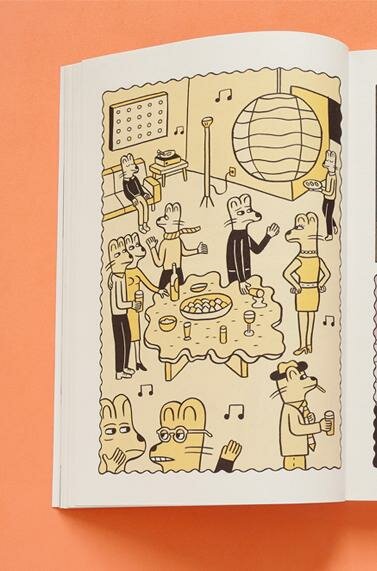
end








